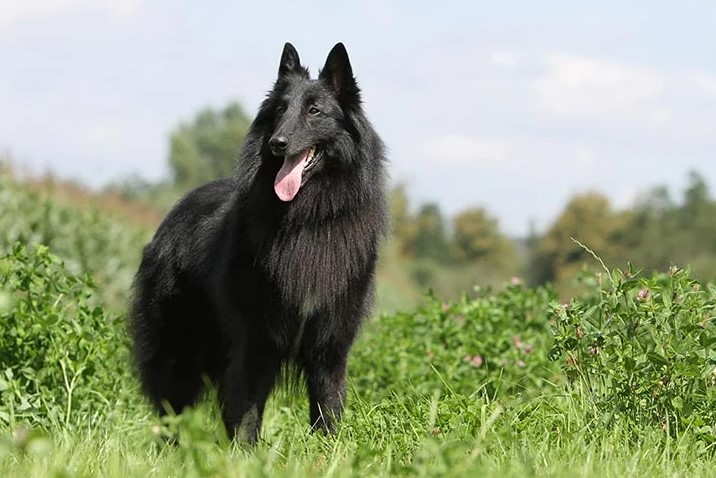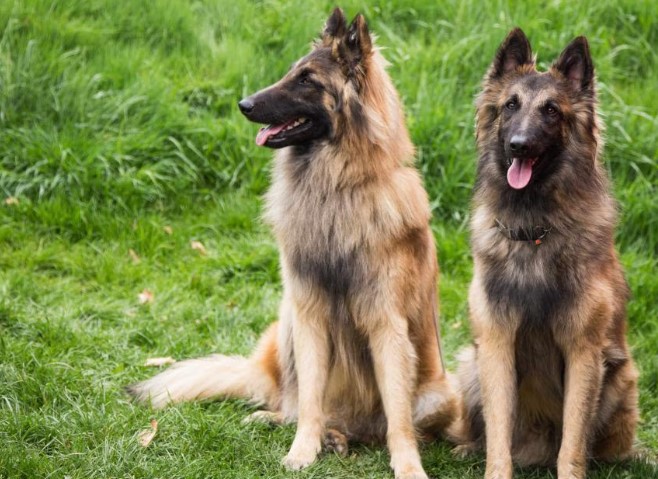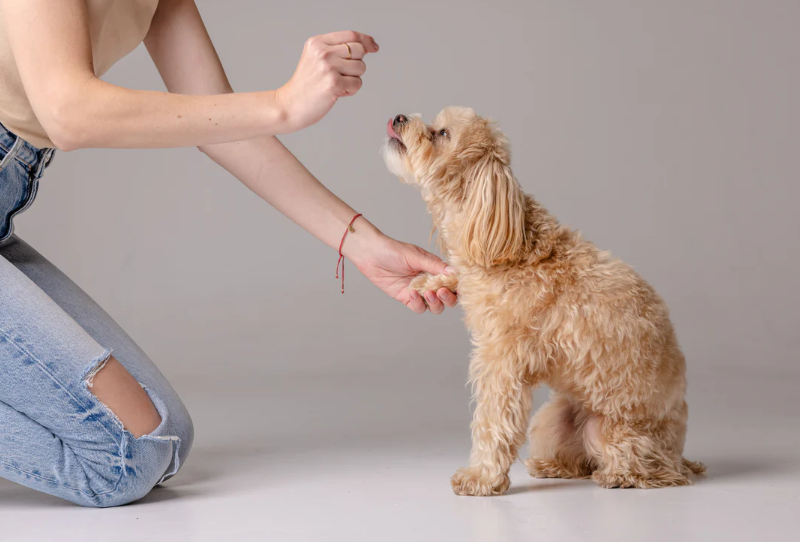
The Belgian Sheepdog, also known as the Groenendael, is a remarkable breed known for its intelligence, loyalty, and striking appearance. Originating from Belgium, these dogs have a rich history and a set of unique characteristics that make them stand out among other breeds.
Introduction
Belgian Sheepdogs are often considered one of the four varieties of Belgian Shepherd dogs, distinguished mainly by their coat type and color. These dogs were initially bred for herding and guarding purposes, but over time, they have become cherished companions and versatile working dogs.
History and Origins
Belgian Sheepdogs have a lineage that dates back to the late 1800s when Belgian Shepherd dogs were being developed. They were selectively bred for their herding abilities and agility, primarily in rural areas of Belgium. The breed’s development was influenced by various herding and guardian breeds, resulting in the creation of the Belgian Sheepdog we know today.
Physical Characteristics
Belgian Sheepdogs are medium-sized dogs with elegant yet robust builds. They typically stand between 22 to 26 inches at the shoulder and weigh around 40 to 75 pounds. Their distinctive feature is their long, luxurious black coat, which is dense and weather-resistant, providing excellent protection from the elements.
Temperament
These dogs are known for their intelligence, loyalty, and strong work ethic. They are highly trainable and excel in various canine sports and activities. Belgian Sheepdogs are also affectionate and devoted to their families, making them excellent companions for active individuals or families with children.
Training and Exercise
Due to their intelligence and energy levels, Belgian Sheepdogs require consistent training and regular exercise to thrive. They enjoy activities such as obedience training, agility, herding, and even scent work. Mental stimulation is just as important as physical exercise for these dogs to prevent boredom and undesirable behaviors.
Grooming and Care
Maintaining the Belgian Sheepdog’s coat requires regular brushing to prevent mats and tangles. They are moderate shedders year-round, with heavier shedding during seasonal changes. Additionally, proper dental care, ear cleaning, and nail trimming are essential parts of their grooming routine to keep them healthy and comfortable.
Health Issues
While Belgian Sheepdogs are generally healthy dogs, they may be prone to certain health conditions, including hip dysplasia, epilepsy, and progressive retinal atrophy. Responsible breeding practices and regular veterinary check-ups can help mitigate these risks and ensure the overall well-being of the breed.
Feeding and Nutrition
A balanced diet is crucial for the health and vitality of Belgian Sheepdogs. High-quality dog food, appropriate for their age, size, and activity level, is recommended. Owners should also monitor their dog’s weight and adjust their feeding accordingly to prevent obesity and related health issues.
Living with a Belgian Sheepdog
Belgian Sheepdogs thrive in homes where they receive plenty of attention, mental stimulation, and opportunities for exercise. They are best suited for active families who can provide them with outlets for their energy and intelligence. Early socialization and training are essential to help them become well-adjusted and well-behaved companions.
Belgian Sheepdog Breed Standards
The breed is recognized by major kennel clubs worldwide, each with its own set of standards regarding appearance, temperament, and health. These standards serve as guidelines for breeders and owners to maintain the integrity of the breed and ensure its continued well-being.
Belgian Sheepdogs in Popular Culture
Belgian Sheepdogs have made appearances in various forms of media, including movies, television shows, and literature. Their intelligence, versatility, and striking appearance have captured the hearts of audiences around the world.
Finding and Choosing a Belgian Sheepdog
Prospective owners should research breeders carefully and choose one who prioritizes health, temperament, and breed standard. Adoption from rescue organizations or breed-specific rescues is also a commendable option for those looking to provide a loving home to a Belgian Sheepdog in need.
Cost of Owning a Belgian Sheepdog
The initial cost of purchasing a Belgian Sheepdog from a reputable breeder can vary depending on factors such as pedigree, lineage, and location. In addition to the purchase price, owners should budget for ongoing expenses, including food, grooming, veterinary care, and training.
Conclusion
In conclusion, the Belgian Sheepdog is a magnificent breed with a rich history, exceptional intelligence, and unwavering loyalty. Whether as a working dog or a beloved family pet, Belgian Sheepdogs have a lot to offer to dedicated owners who can provide them with the love, care, and stimulation they need to thrive.
Frequently Asked Questions (FAQs)
1. What is the Belgian Sheepdog’s typical lifespan?
Belgian Sheepdogs typically live for around 10 to 14 years with proper care and nutrition.
2. Are Belgian Sheepdogs good with children?
Yes, Belgian Sheepdogs are known for their gentle and affectionate nature, making them excellent companions for children when properly socialized and supervised.
3. Do Belgian Sheepdogs shed a lot?
Yes, Belgian Sheepdogs shed moderately year-round and may have heavier shedding during seasonal changes. Regular grooming can help manage shedding.
4. Are Belgian Sheepdogs prone to any specific health issues?
While generally healthy, Belgian Sheepdogs may be predisposed to certain conditions like hip dysplasia, epilepsy, and progressive retinal atrophy. Regular vet check-ups are recommended to monitor their health.
5. How much exercise does a Belgian Sheepdog need daily?
Belgian Sheepdogs are active and energetic dogs that require at least an hour of vigorous exercise daily, along with mental stimulation to keep them happy and healthy.





